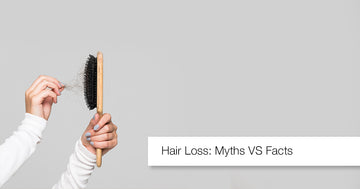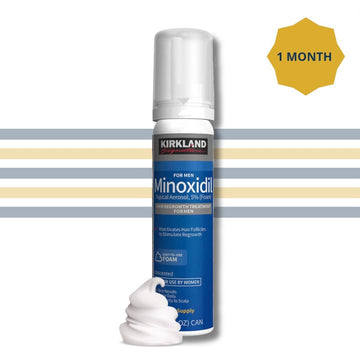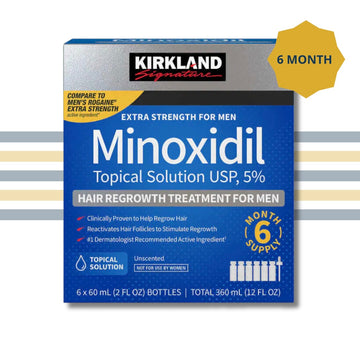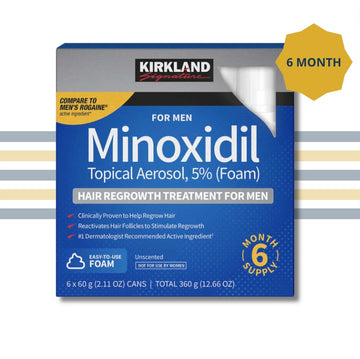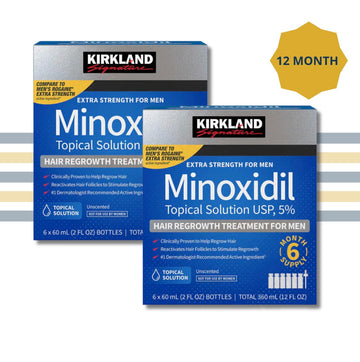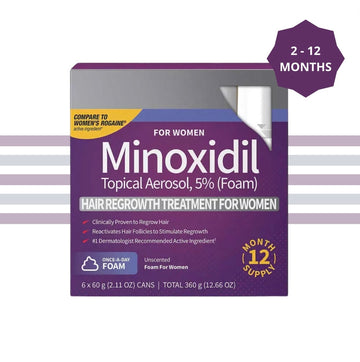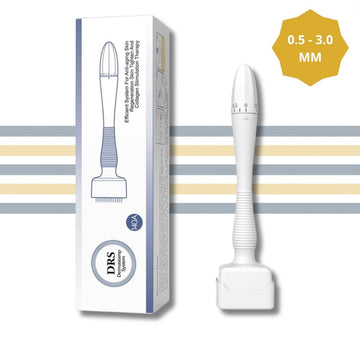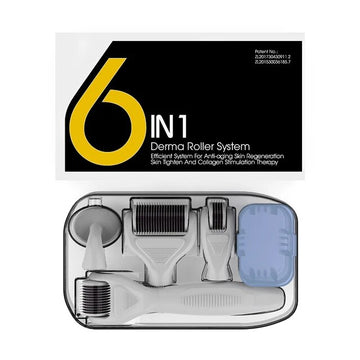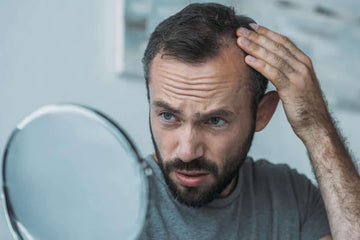Hair loss affects millions of people worldwide and is the subject of many speculations and misunderstandings. With so much information available, it can be difficult to distinguish the fact from fiction. In this blog we will unravel some of the most common myths and highlight the true facts about hair loss.
Myth 1: Only men suffer from hereditary hair loss
Fact: Although male baldness (androgenetic alopecia) is the most recognizable form of hair loss, women also experience hereditary hair loss. It often manifests itself differently, with a general dilution over the head instead of a recovering hairline or baldness on the crown.
Myth 2: Wearing hats causes hair loss
Fact: This is a widespread misconception. Hair loss is caused by genetic factors, hormonal changes, or medical disorders, not by wearing hats. Hats that are too tight may cause traction salopecia, but this is rare.
Myth 3: frequent washing of your hair leads to hair loss
Fact: Hair loss by washing your hair is a myth. It is normal to lose a few hairs every day while washing. More important is the choice of your shampoo and conditioners - some products can dry out your hair and scalp, which can cause breakage, but this is not a real hair loss.
Myth 4: Stress causes permanent hair loss
Fact: Although severe stress can cause temporary hair loss, known as telogen effluvium, this form of hair loss is usually reversible. Once the stressful period is over, the hair usually starts to grow again.
Myth 5: Cutting hair makes it thicker and promotes growth
Fact: Her grows from the roots and not from the points. Cut the growth rate or thickness of your hair does not affect. It can make your hair look healthier by removing split ends.
Myth 6: Sunlight is bad for your hair
Fact: While excessive exposure to UV rays can damage the hair structure and lead to dryness, sunlight does not play a direct role in hair loss. However, it is important to protect your scalp against sunburn, which can lead to damage to hair follicles.
Myth 7: Hair loss stops as you get older
Fact: Unfortunately this is not true. Hereditary hair loss can occur at any age and often continue as one gets older. Treatments and management strategies can help to delay the process, but hereditary hair loss rarely stops.
Myth 8: Only expensive treatments work against hair loss
Fact: There are various effective treatments available that do not have to break the bank. Kirkland and Regaine, for example, are over-the-counter products that both men and women can use to stimulate hair growth.
Myth 9: Vitamins and supplements can stop hair loss
Fact: Although a shortage of certain nutrients can cause hair loss, taking supplements will probably only help if you actually have a shortage. A balanced diet is the key.
Myth 10: Hair loss is always permanent
Fact: Not all hair loss is permanent. Conditions such as telogen effluvium are temporary and reversible. Even with some forms of Alopecia Areata, where she fails in places, the hair can grow back.
Conclusion
The journey through the world of hair loss is complex, with many misconceptions that make the road more difficult. We have unraveled some of the most stubborn myths and uncovered the facts, with the hope that you are now better equipped to make informed decisions about your hair health. It is crucial to do research and seek professional advice to understand the underlying causes of hair loss and to find the most effective treatments.
When navigating the options, don't forget that not all hair loss is permanent and that there are strategies and treatments that can really make a difference. Whether you are dealing with temporary hair loss or are looking for ways to control hereditary hair loss, help is available.
We invite you to take a look at our range for products that can help you against hair loss. From well -known brands such as Kirkland, Regaine and Rogaine to Dermarollers, our offer has been carefully compiled to meet your specific needs. Together we can take steps towards a healthier, fuller hair.
Blog
Myths vs. facts about hair loss
